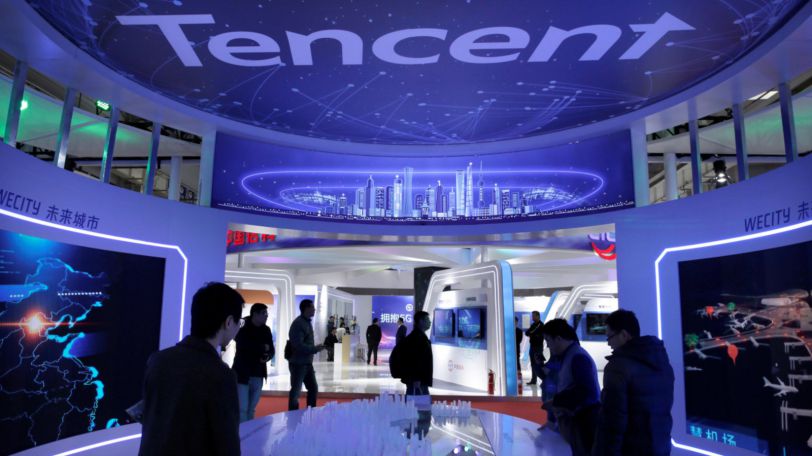English US | USD
English US | USD
FAQ
Frequently Asked Questions
This website uses cookies to enhance your browsing experience, analyze site traffic, and personalize content. By using this site, you agree to the use of cookies.
MMOBOMB
Dec 23, 2023

China is notoriously strict when it comes to video games, a fact that’s not new. Most online gamers are aware of the fact that Blizzard makes a somewhat different version of World of Warcraft in order to meet some of China’s rules, or that China is the only country that has its own Eve Online server rather than being on Tranquility with the rest of the world.
In more recent years, the Country has made news regarding regulations put in to regulate the amount of time minors spend playing video games. They even stopped approving new games for a while. The reason given at the time was to help combat gaming addiction.
While the country’s regulators are back to approving new games, they are obviously still concerned with some facets of online gaming practices, so the latest announcement probably shouldn’t be too surprising.
In an effort to curtail monetary spending, as well as time spent in games, Chinese regulators have announced new rules that affect what are now pretty standard reward systems designed to encourage both these things. Going forward, online games are banned from giving daily login rewards, bonuses for spending real-world money for the first time, or rewards for logging in on consecutive days.
Other requirements include:
According to Reuters, this announcement has caused a great deal of worry among video game investors and companies like Tencent and NetEase have felt the effect on the stock market. Tencent’s shares dropped about 16% and NetEases dipped even lower with a 25% decrease.
The outlet spoke with Tencent’s vice president Vigo Zhang, who told them the company doesn’t need to change “its reasonable business model or operations”. He went on to add that Tencent has been “strictly implementing regulatory requirements”.
Of course, as rules are different throughout the rest of the globe, it’s unlikely that those of us outside China will be impacted by these changes.